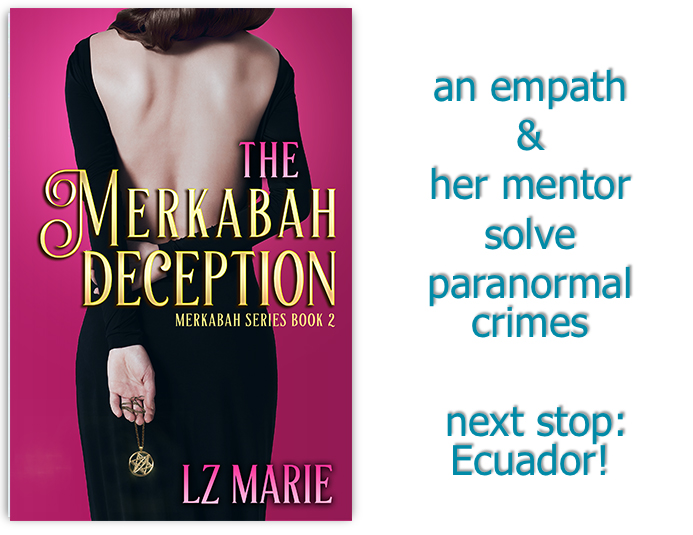 Writers are creative. Plots and characters appear, evolve, and invade our minds, haunting us until we unleash them on paper or computer screen. That’s fun!
Writers are creative. Plots and characters appear, evolve, and invade our minds, haunting us until we unleash them on paper or computer screen. That’s fun!
But there’s another aspect of writing that isn’t quite as fun. The grammar-punctuation part. It’s a chef’s version of cleaning the kitchen after making a 5-course gourmet meal. Or cleaning the house after hosting a New Year’s bash.
And yet the writing cleanup must be done!
Cleaning, like editing, becomes easier—more efficient—over time and with increased experience. And one day, tidying your manuscript may become a task you enjoy. Instead of regarding editing as drudgery, imagine you are polishing your manuscript until it is free of the germs, particles, grime, and residue of initial drafts.
A down and dirty method for cleaning your manuscript.
Wipe out those indiscriminate, willy-nilly, neither-rhyme-nor-reason changes in tense. Remember to hose down those ( usually unnecessary ) perfect tenses.
Rinse away overused words: just, very, literally, really, maybe, quite, amazing, things, stuff, it, then. Replace with a better word.
Brush up on your grammar. Recognizing the simple from the compound complex sentence or the independent from the dependent clause helps a writer manipulate and master sentence construction and variety. Know the grammar rules before breaking them. (And yes, as a literature major I had to diagram many sentences.)
Vacuum loose punctuation: Manuscripts speckled with semicolons and em dashes as though they were sprinkles on a cupcake need to be reassessed. My fave punctuation book is Eats, Shoots and Leaves: The Zero Tolerance Approach to Punctuation. Funny and educational.
Wash those vague words down the banal drain. Select the perfect word. It makes all the difference. Unless, of course, your intention is to be vague.
Polish your word choice. A word’s connotation ( the feeling the word invokes ) is more important than its denotation ( the dictionary definition).
Sweep for the correct prepositions. Choose the one that does the job. Here’s a Preposition List.
Scour for commas-gone-wild usage. ( It’s my personal editing demon.) Check out Purdue Online Writing Lab for answers to all your comma questions.
Swab the manuscript deck for misplaced modifiers. Oddly worded sentences result in unintended—and funny—meanings. Ex: I saw a painting walking down the hall. Daily Writing tips offers some nice examples and explanations.
Shine your syntax until it gleams. Syntax is powerful. It can: emphasize, shift mood, focus, imply relationships/connections, create more or less abstraction, reveal character, establish flow/rhythm, break flow/rhythm, foster suspense, establish tone, and add variety.Here’s syntax cheat cheat.
Have fun polishing your manuscript.
Note: I really, really, really hope I don’t have any typos in this post. Please, let me know if I do!
Related Posts: Readin’ & Writin’














